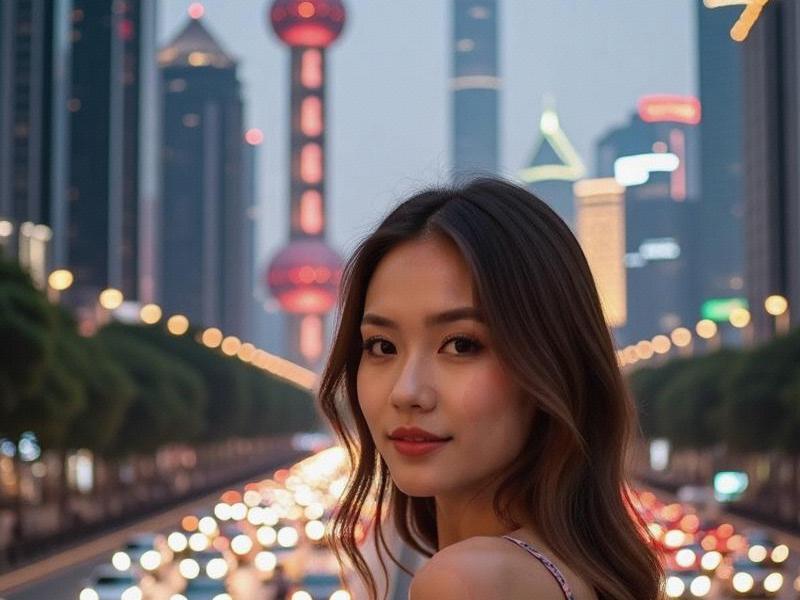
The Dual Soul of Shanghai
As dawn breaks over the Huangpu River, two Shanghais awaken simultaneously. In Pudong, autonomous vehicles whisper along elevated highways between glowing towers where AI systems manage everything from elevator traffic to air quality. Across the water in the former French Concession, elderly residents perform tai chi beside art deco buildings that have housed three generations of families. This is Shanghai 2025 - a city where 22nd century technology coexists with lovingly preserved 20th century lifestyles.
The Smart City Revolution
Shanghai's digital transformation represents the most ambitious urban tech experiment on Earth:
- Over 600 million IoT sensors monitor everything from bridge stresses to park bench usage
- The "City Brain" AI system processes more data daily than New York and London combined
- Digital twins of entire districts allow real-time disaster simulation and traffic optimization
- 98% of government services now accessible via "Suishenban" super-app
Yet remarkably, this tech saturation maintains human scale. At Xujiahui's "Smart +" community center, elderly residents learn to use facial recognition payment systems from teenage volunteers in a cultural exchange the government calls "digital filial piety."
Architectural Time Machine
爱上海论坛 Nowhere is Shanghai's duality more visible than in its streetscapes:
- The Bund's historic buildings now house blockchain startups behind their preserved facades
- Shikumen lane houses integrate smart home tech while maintaining original brickwork
- In the Qiantan district, parametric architecture buildings "breathe" via shape-memory alloys
Historian Dr. Li Wen notes: "Shanghai treats buildings like family elders - we give them new clothes and medicine, but never discard their souls."
The New Economic Ecosystem
As China's financial gateway, Shanghai's economy reveals fascinating hybrid models:
- Traditional tea houses double as crypto mining hubs (serving "blockchain pu'er")
- State-owned enterprises partner with AI startups in government-mandated "innovation marriages"
- The former British Consulate now hosts China's first NFT art exchange
上海龙凤419社区 "Shanghai businessmen have a sixth sense for riding policy waves," observes economist Mark Williams. "They'll serve traditional mooncakes while negotiating metaverse real estate deals."
Cultural Paradoxes
The city's social fabric weaves contradictions:
- Robotaxi passengers listen to 1930s Zhou Xuan recordings
- Smartphone factories operate beside jade carving workshops
- Young Shanghainese alternate between vintage qipao and augmented reality glasses
This cultural fluidity makes Shanghai simultaneously China's most Western and most Chinese city - a place where Starbucks adapts to local tastes while traditional medicine incorporates AI diagnostics.
Sustainability Challenges
上海喝茶服务vx The city's growth creates unique environmental tensions:
- Vertical forests in Lujiazui compensate for lost green spaces
- The new Chongming Island eco-city aims to be carbon positive by 2030
- Ancient water towns like Zhujiajiao struggle with overtourism
As Mayor Gong Zheng recently stated: "Shanghai must grow upwards, inwards and smarter - we've run out of outward directions."
The Global Shanghai Experiment
What emerges is a radical urban model:
- A capitalist engine with socialist characteristics
- A tech hub that prizes human connections
- A global city rooted in local identity
As Shanghai prepares to host the 2026 World Expo, the world watches to see whether this balancing act can be sustained - and whether other cities should follow suit. For now, Shanghai remains happily, productively schizophrenic - one foot in its cosmopolitan past, the other striding into a hybrid future.
